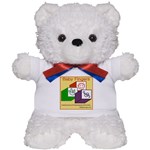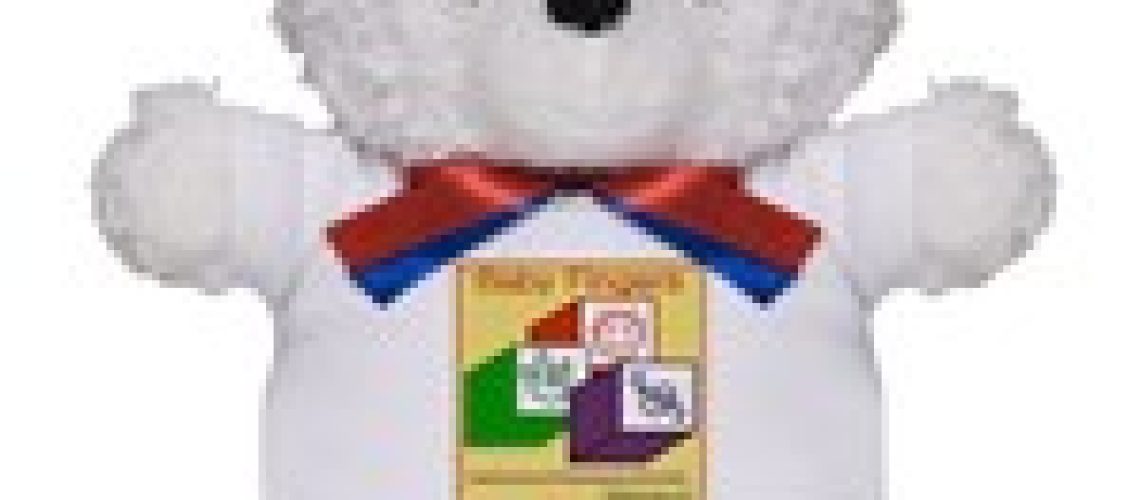GUEST BLOG written by Mike H., Baby Fingers Dad, English & Writing teacher, Poet.

As a part-time high school English teacher, I find it difficult not knowing how much of the lessons students ultimately take with them. Every now and then, one surprises me by remembering something that was said a few months—or even a few years—ago. I experience a burst of reassurance before returning to my habitual state of uncertainty. Watching my own little one during Baby Fingers sessions, I often feel the same way. When it’s just us at home, seldom is there doubt as to what’s going through his mind. Around other grownups, however, A. is not the type of learner to demonstrate immediately what he’s absorbing; rather, he’s more of a secret learner. For example, he may go into a class knowing the signs for plane and rain but show reluctance when invited to sign them from rhyming flash cards. Later in the week, though, he might announce apropos of nothing, “Plane, rain, plane, rain—They’re the same.” Once I realize he’s referring to the lesson, I find myself surprised and delighted.
During his preverbal days, A. used signs like more, all done, milk, yes, and no, to convey what he wanted. As he began to speak and his vocabulary grew, my wife and I might hear something like, “Want to send you the train?” accompanied by the sign for train. In the park when we ask him to name colors, he consistently speaks and signs them. Until one particular afternoon at the playground, as far as I was concerned, the promise of an ASL program for our hearing child had already fully delivered.
A.’s playground routine usually begins with a number of trips down the twisty slide, backward on his belly (naturally). One day, after his first few forays, I hustled to the stroller to get his water bottle. As I looked back, he smiled and signed happy. This was the first time he’d used ASL in a completely self-determined way—no prompting from a grownup, no urgent need. He simply wanted to share across that short distance that he felt happy. It’s hard to describe, but I knew that watching him make the motion of happiness carried a deeper emotional resonance for me right then than if he’d simply said he was happy. What I felt in that moment was an inarticulable mixture of pride, connectedness, and an almost teacherly sense of exhilaration that the information really was congealing inside of him.
I’ve taught Critical Writing and Grammar for Sponsors for Education Opportunity (SEO) Scholars for six years—although less frequently since becoming a primary caregiver. As a motivating anecdote, I tell my students about the time I hit my first home run at summer camp. I ran the bases, pumping my arm and saying Yes! repeatedly. When I rounded second, the sulky kid at shortstop asked sarcastically, It really means that much to you? I felt ashamed but realized later on the boy just hated the camp and that it was okay to put my heart into something. I’m never sure whether my story lands with the high schoolers, but hopefully it encourages one or two to put more of themselves into their work. For my wife and me, being new parents isn’t about our successes or failures but finding platforms upon which A. can explore freely and begin to forge his own identity. Whether this is happening at any given moment can be a secret process of which parents and other grownups are afforded only an occasional glimpse. A lot of trust is involved, a lot of letting go. This said, I still (literally) pump my fist and whisper Yes! whenever A. reveals, say with the sign for happy, that he has all along been mastering a secret skill.

